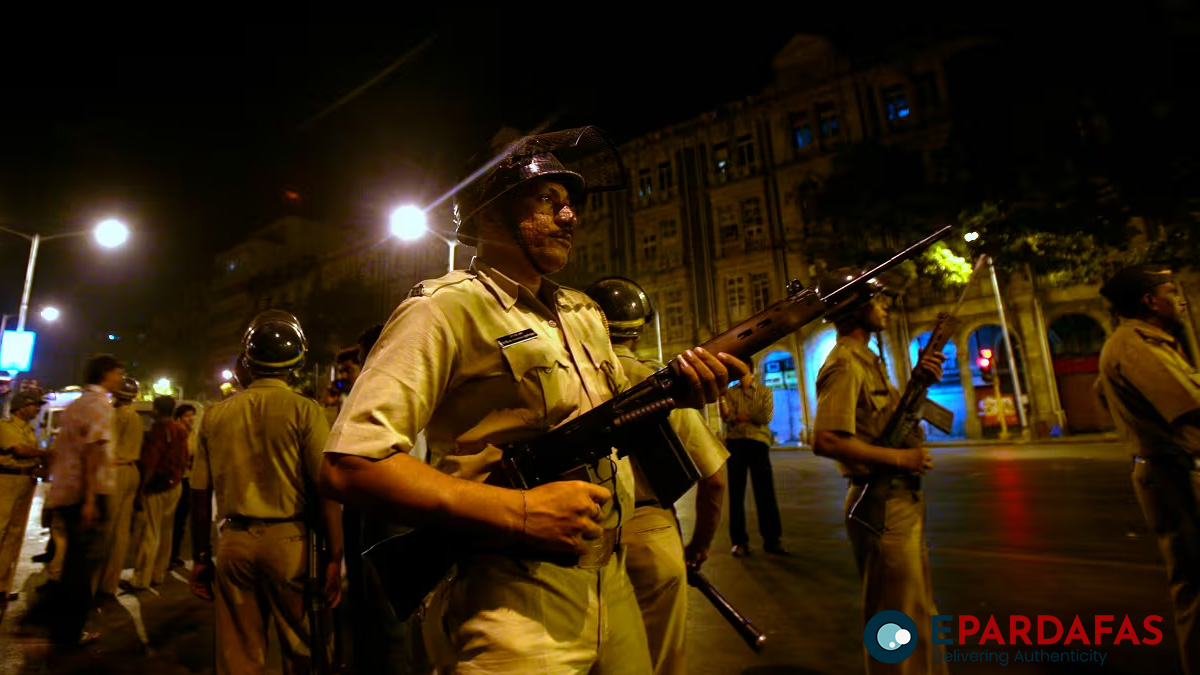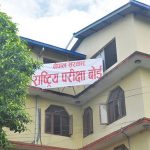
16 Years After 26/11: Remembering Mumbai’s Darkest Hours

On November 26, 2008, 10 Lashkar-e-Taiba (LeT) terrorists launched a calculated and deadly attack on Mumbai, India’s financial capital. Over 64 hours of relentless terror, 166 lives were lost, including those of foreign nationals, leaving the city scarred but resolute. The attack targeted iconic landmarks—the Taj Mahal Palace Hotel, Trident-Oberoi, and Nariman House—turning them into battlegrounds and sites of unimaginable tragedy.
Taj Mahal Palace Hotel: A Symbol Under Siege
The iconic Taj Mahal Palace Hotel, a hallmark of Mumbai’s grandeur, endured over 60 hours of terror as four armed assailants stormed its premises.
At 9:38 pm, two terrorists entered the hotel’s Tower section, planting a bomb near a police post and opening fire in the lobby. Shortly after, two more attackers entered through a less accessible door, exploiting insider knowledge. Chaos engulfed the hotel as guests, staff, and visitors became targets.
The first evacuation attempt came at 4:00 am, but not all were fortunate. By morning on November 27, commandos had taken charge, yet intermittent gunfire and explosions continued. Over the next two days, multiple grenade attacks and fires worsened the devastation. On November 29, after over 60 hours, the Taj was declared clear, but not before extensive loss of life and property.
Oberoi-Trident: A Prolonged Siege
The Trident-Oberoi, connected by over 800 rooms, saw its share of horror. Hostages, including numerous foreign nationals, bore the brunt of a prolonged siege.
The assault began at 10:10 pm when two attackers stormed the premises, killing staff and guests indiscriminately. They moved through restaurants, spas, and lounges, leaving devastation in their wake.
Evacuation and rescue were slow due to the hotel’s size and complexity. By November 28, the terrorists were neutralized after nearly 40 hours of combat. However, the siege left 24 dead and numerous others scarred.
Nariman House: A Jewish Center Targeted
Distinct among the sites was the Nariman House, a Jewish community center run by Rabbi Gavriel Noach Holtzberg and his wife, Rivka. Hosting international visitors, it became the scene of a hostage crisis with profound international reverberations.
At 9:45 pm, gunmen stormed the building, detonating bombs and taking hostages. While the Rabbi’s two-year-old son and a cook managed to escape, the Rabbi, his wife, and five guests were killed. Commandos air-dropped onto the terrace on November 28 successfully ended the standoff, but the toll was grim.
A City and a Nation Changed Forever
The 26/11 attacks revealed not just the vulnerabilities of a bustling metropolis but also the resilience of its people. While Mumbai mourned, it also emerged united, determined to heal and rebuild.
Sixteen years later, the memories of those dark hours remain etched in the hearts of millions. Memorials now stand as silent witnesses, paying tribute to the courage of victims, security forces, and countless unsung heroes who stood firm against terror.












Comments